Recent European and Asian decisions have referred to the relation between trademark Law and Right of advertisement Law or Freedom of Expression, and the feelings of the community, religious or not. I find it interesting to review them.
Religious Symbols…Can they be trademarks?
In Europe and other countries, it can be difficult to register a religious symbol as a trademark, for example, a cross or a half-moon.
In the European Union, Article 7, Part 1, Letter I from the Regulation of EU Trademark is applicable. This prohibits the register of trademarks that include “characteristics, emblems or crests” and have a “special public interest”, or may mislead the public with respect to the existence of a link between the owner of the trademark and the body to which the symbol refers.
The Regulation does not define what symbols with “special public interest” are. However, it is considered that religious symbols are included, by their nature. It seems it is a general trend.
Religious Buddhist Trademarks and Symbols in Singapore
In Singapore, a religious symbol, the word “Bodhi” was not accepted as a trademark.
“Bodhi” (“Illumination”) is the final objective of Buddhism: the moment in which human beings find the true meaning of life and are reincarnated.
The Trademark Register of Singapore has rejected the inscription of the trademark “Bodhi”, for Buddhist incense products, in Class 3. It has considered that the trademark is not distinctive. It can not be registered, because it can be used by any company that sells products related to incense.
The central argument, then, is that «Bodhi» (expression of Buddhist religious content) has no distinctive character, for Buddhist incense and related products. In addition, the Registry considered it proven that other companies also used the term «Bodhi» in the market, to sell Buddhist incense; therefore, this term could not distinguish the concrete incense of the applicant from the trademark.

Publicity and Symbols or Religious Names
Also recently in Europe, an interesting shock has been caused regarding Right of Advertising (and for that matter, Right of Freedom of Expression) and religious sentiments.
The European Tribunal of Human Rights TEDH has decided on a case, in which an advertiser of Lithuanian clothes used images of Jesus and of the Virgin Mary. It is the judgment of the TEDH, 30th January 2018 (Sekmadienis / Lithuania).
Santiago Nadal

